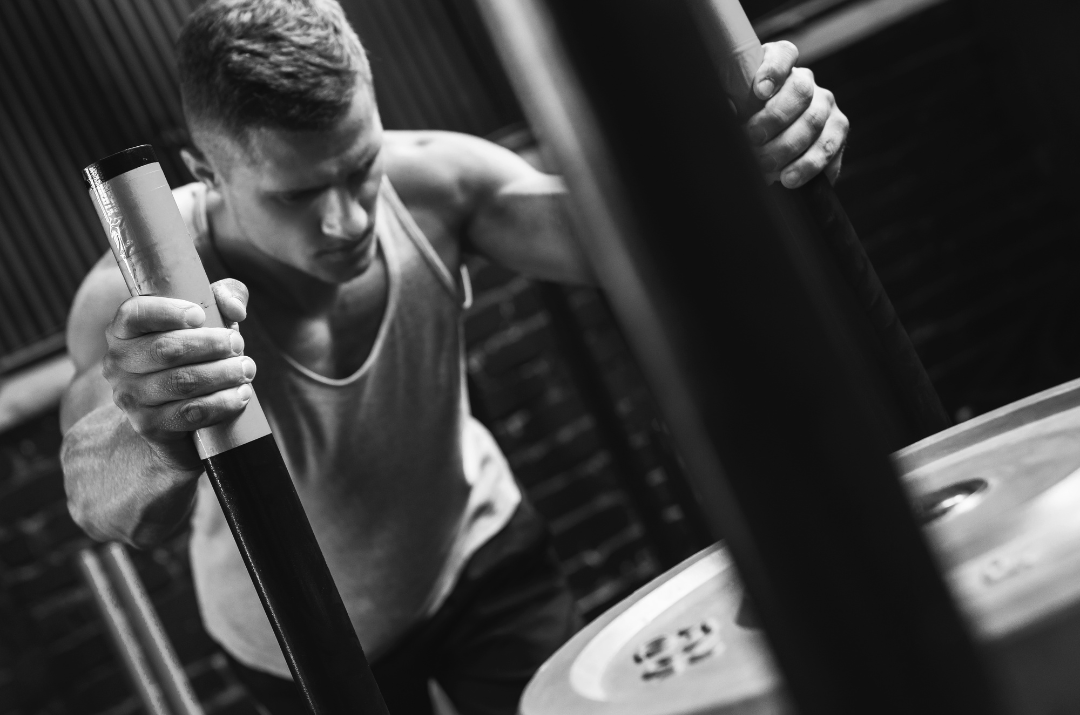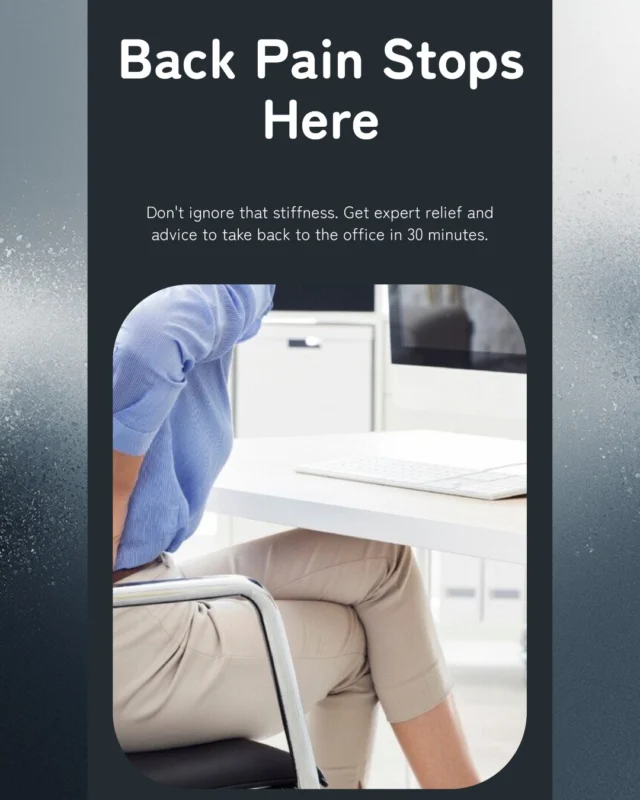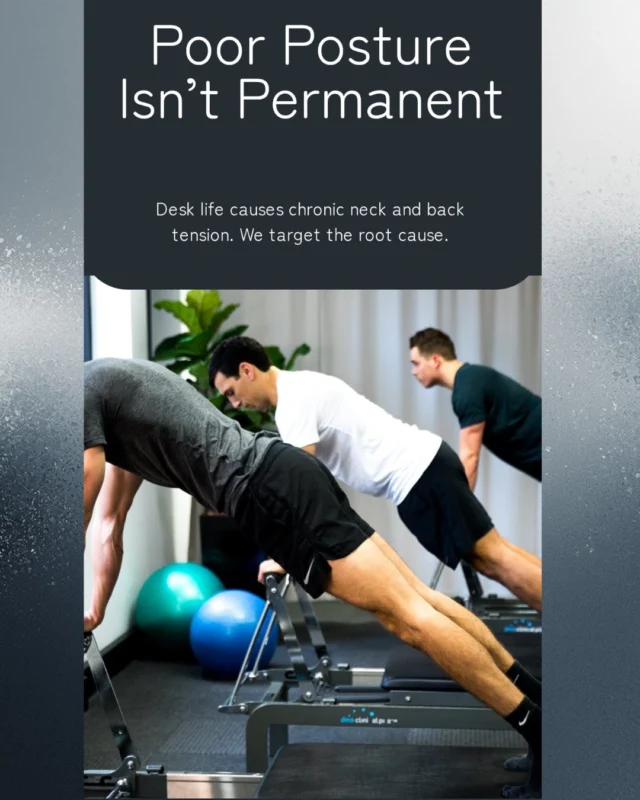With the weather warming up and summer on the way, many of us are starting to feel more active and may be taking up those fair weather sports again. If you have started heading down to your local pool for a few laps and noticed a niggling pain in your shoulder, you might have the early stages of “swimmer’s shoulder”.
Swimmer’s shoulder is a general term often used to describe an overuse injury in swimmers. It is commonly caused by muscle weakness and imbalance, exacerbated by the repetitive nature of most swimming strokes.
90% of your propulsion during swimming is generated by your upper limbs – so it’s no surprise that this is where most swimming-related problems occur.
The shoulder joint is unique, in that it is extremely mobile and gives us a large range of movement. However, the trade-off for more movement is potential instability and greater risk of injury.
The stability of the shoulder blade (scapula) is of particular importance in preventing and managing shoulder pain and injury. The main muscles involved in stabilising the scapula are the trapezius, serratus anterior, levator scapulae and the rhomboid muscles. When these muscles are well balanced and working correctly, the entire shoulder complex will function in a smooth, controlled, and pain-free manner.
Studies have been performed which demonstrate that swimmers often present with alterations in the position and motion of the shoulder blade. These adaptations can increase muscular tension and cause trigger points. This can lead to pain, more tension and an ongoing cycle of increasing pain and irritation.
There are many reasons that shoulder pain may commence, and it is important that a correct diagnosis for your shoulder is found as early as possible in order to reduce further irritation and prevent future episodes.
A Physiotherapist can identify these causes and provide you with treatment and an exercise program to improve and maintain your best scapular function.
For an assessment of your shoulder pain or if you are planning to start swimming and would like a check-up of your shoulders, book in to see your Bend + Mend Physio.






